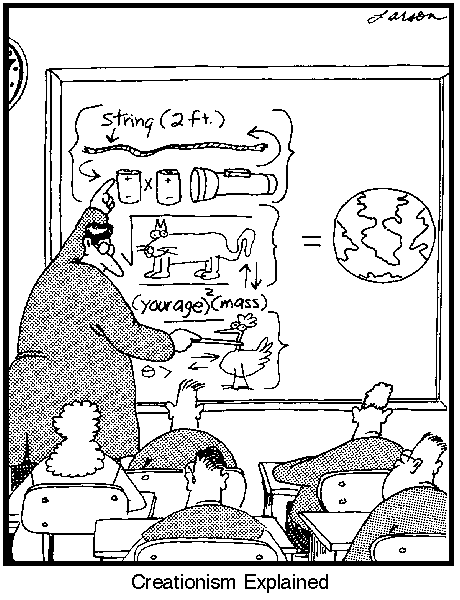It is not your list or my list of "God-breathed Scriptures" that is important. It is what Paul meant in 2 Timothy 3:16.
Yes, precisely. What is meant by 2 Timothy 3:16?
The
first thing to understand is that the Greek word "γραφη" (graphā) can
simply mean "a writing" and not necessarily some special writing called
"Scripture."
What? Every New Testament usage
of G1124 is obviously Scripture. This is the NT word for Scripture even
if it had alternate denotations in the Greek world at the time.
The
second thing to understand, is that if Paul did mean a special list of
"inspired writings" he probably referred to the Hebrew writings, as
those were the ones that the Jewish Christians consulted. It is highly
unlikely that he included the writings of "Matthew, Mark, Luke, John,
Peter, Paul, etc."
Again what? 2 Peter 3:16
makes it plain that the New Testament writers knew they were writing
Scripture. You are in error on this point also.
I'll add a third
point that the 21st Nestle Greek interlinear translates the phrase,
"Every Scripture [is] God-breathed." The sentence structure demands
that God-breathed and profitable modifies Scripture, meaning that all
Scripture is God-breathed, rather than God-breathed writings being a
sub-set of Scripture as the ASV, RSV, and NRSV wrongly translate.
Consult with any Greek scholar and they will tell you so.
Does
the "etc." include the letter of Clement (Paul's fellow worker) to the
Corinthians? If not, why not? If another letter written by Paul were
discovered, would you include that in your list? Paul indicated that he
wrote a letter to the Laodiceans.
Certainly as
Christians assembled the cannon these and other books were evaluated
for inclusion in the canon. I haven't studied each case in depth and
can hardly answer all your questions in this forum. I suggest that you
begin to study the volumes that already exist on the subject. I do
understand some of the criterion of apostolic and early church witness
to the documents, internal consistency, historical evidence, etc. I
have used some similar methods to answer your objections to a Psalm
because it seemed out of character with God, as well as your concern
about Jude. However, you didn't really seem to consider my answers
before raising more questions. Seems like we need to slow down here.
Further, I don't think this forum post is going to answer all the
objections you seem to have.
You seem to be rattling off a
growing list of objections, but your primary objection seems to be that
you do not acknowledge that God has give us special unique God-breathed
written messages. You say it never even occurred to you construct a
list of these documents. Frankly I am not sure what Scripture even
means to you then. What is the difference between Paul's writing and my
own book? God forbid that I would claim that my works are God-breathed
as were his. For myself my heart beat is roused to consider that God
gave us his love letters and it is my passion to study even the
transcriptions and translations of the lost sources. I have appreciated
the debate, but I haven't been persuaded to change my proposed
statement after our discussion and need to get back to some pressing
projects.



















